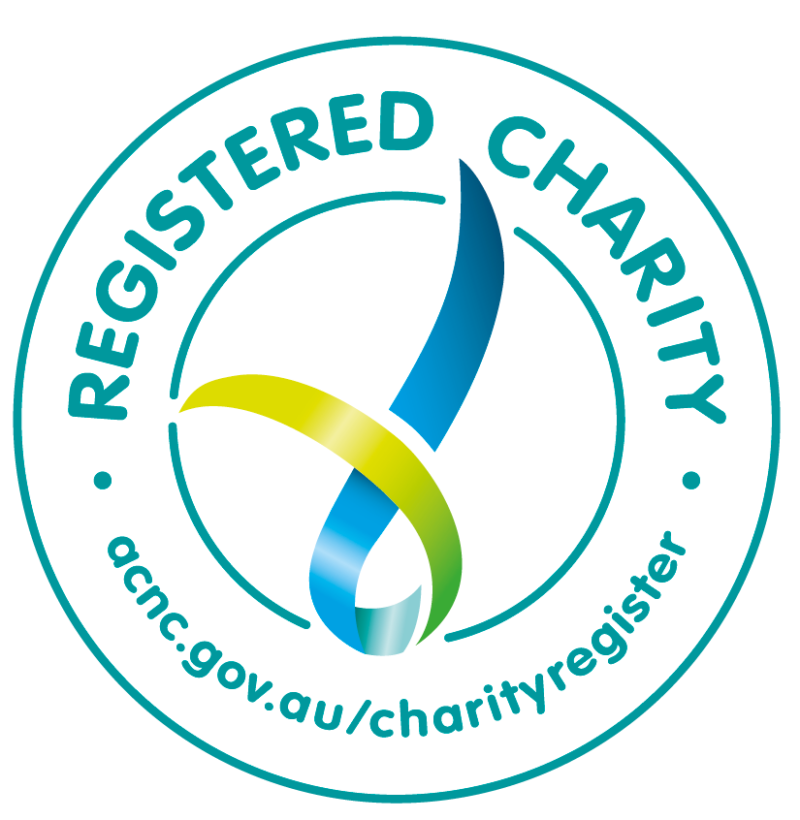Emotional development starts when your child is first born. They feel and react to basic feelings of joy, fear, anger, sadness and surprise. As children grow and develop, their range of feelings, thoughts and actions expand, and children learn to manage their emotions. Our role as parents is to help them in identifying and controlling these emotions.
Although children typically learn how to regulate their emotions and behaviours, some have greater difficulty with this and may carry these behaviours into adulthood. As a father, you can help your child manage these feelings and outbursts by creating a safe, supportive environment.
Six top tips to help with emotional development and growth
- Bring your child’s attention to emotions. When your child or someone else (family members, friends, character in a book or on TV) is expressing an emotion, use the opportunity to label the particular emotion. “I can see you are feeling annoyed, tell me about how you’re feeling”.
- Never discredit their emotions. If your child talks about their emotions, always encourage this. If their emotions are unpleasant, let them know you can help them to find ways to feel better.
- Help them learn the names of emotions. Discuss the everyday feelings they experience and encourage them to use descriptive words to describe how they feel. “When I am feeling a little bit angry, I might say I am feeling frustrated or I am feeling annoyed.”
- Talk about how you feel. Demonstrate the use of different language to describe how you feel to demonstrate how feelings can change throughout the day.
- Identify ‘triggers’ for your child’s tantrums. Learning what causes tantrums (such as emotional overloads) can help prevent future tantrums. If you know your toddler is tired, it’s not the best time to go grocery shopping, for example.
- Model self-regulation. Children learn through observation. If you feel yourself getting frustrated, angry or upset at something try and model the correct emotional response.
Mondays with Fathering Project founder Dr. Bruce Robinson
We want to foster connection, sharing, and collaborating in this time of isolation and need. The Fathering Channel is an online community hub and a source of research-based advice, support, and information. Tune in every Monday for Bruce’s weekly video – packed with fathering advice and tips.
Subscribe for Updates
We want to foster connection, sharing, and collaborating in this time of isolation and need. The Fathering Channel is an online community hub and a source of research-based advice, support, and information. Tune in every Monday for Bruce’s weekly video – packed with fathering advice and tips.
Subscribe for Updates



